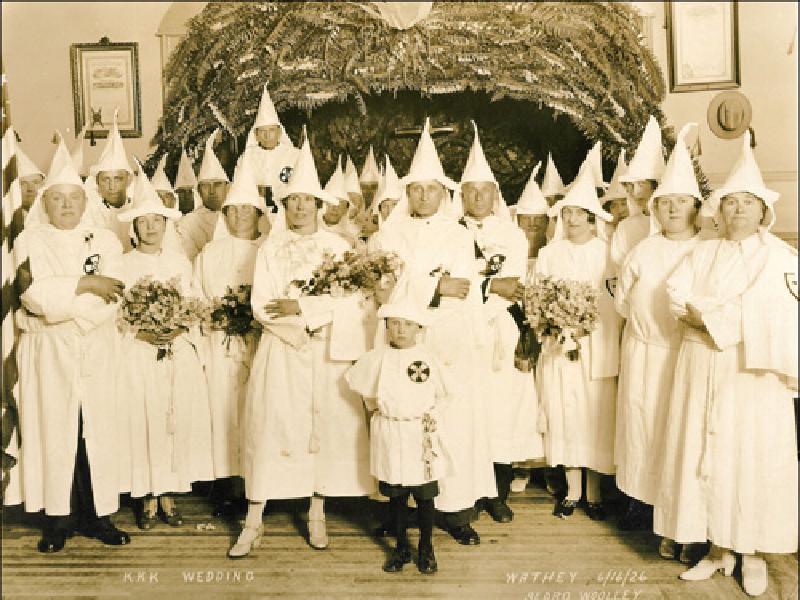Illiberal America

I appreciated the great historian Stephen Hahn’s essay today on illiberal America. The short version is that this nation has long been deeply reactionary and in some ways, it’s amazing we’ve gone this far without the kind of challenge to the sheer structure of American democracy as we had until Trump. An excerpt of this history:
Although European colonization of North America has often been imagined as a sharp break from the ways of home countries, neo-feudal dreams inspired the making of Euro-American societies from the Carolinas up through the Hudson Valley, based as they were on landed estates and coerced labor, while the Puritan towns of New England, with their own hierarchies, demanded submission to the faith and harshly policed their members and potential intruders alike. The backcountry began to fill up with land-hungry settlers who generally formed ethnicity-based enclaves, eyed outsiders with suspicion and, with rare exceptions, hoped to rid their territory of Native peoples. Most of those who arrived in North America between the early 17th century and the time of the American Revolution were either enslaved or in servitude, and master-servant jurisprudence shaped labor relations well after slavery was abolished, a phenomenon that has been described as “belated feudalism.”
The anti-colonialism of the American Revolution was accompanied not only by warfare against Native peoples and rewards for enslavers, but also by a deeply ingrained anti-Catholicism, and hostility to Catholics remained a potent political force well into the 20th century. Monarchist solutions were bruited about during the writing of the Constitution and the first decade of the American Republic: John Adams thought that the country would move in such a direction and other leaders at the time, including Washington, Madison and Hamilton, wondered privately if a king would be necessary in the event a “republican remedy” failed.
The 1830s, commonly seen as the height of Jacksonian democracy, were racked by violent expulsions of Catholics, Mormons and abolitionists of both races, along with thousands of Native peoples dispossessed of their homelands and sent to “Indian Territory” west of the Mississippi.
The new democratic politics of the time was often marked by Election Day violence after campaigns suffused with military cadences, while elected officials usually required the support of elite patrons to guarantee the bonds they had to post. Even in state legislatures and Congress, weapons could be brandished and duels arranged; “bullies” enforced the wills of their allies.
When enslavers in the Southern states resorted to secession rather than risk their system under a Lincoln administration, they made clear that their Confederacy was built on the cornerstone of slavery and white supremacy. And although their crushing defeat brought abolition, the establishment of birthright citizenship (except for Native peoples), the political exclusion of Confederates, and the extension of voting rights to Black men — the results of one of the world’s great revolutions — it was not long before the revolution went into reverse.
The federal government soon allowed former Confederates and their white supporters to return to power, destroy Black political activism and, accompanied by lynchings (expressing the “will” of white communities), build the edifice of Jim Crow: segregation, political disfranchisement and a harsh labor regime. Already previewed in the pre-Civil War North, Jim Crow received the imprimatur of the Supreme Court and the administration of Woodrow Wilson.
Few Progressives of the early 20th century had much trouble with this. Segregation seemed a modern way to choreograph “race relations,” and disfranchisement resonated with their disenchantment with popular politics, whether it was powered by Black voters in the South or European immigrants in the North. Many Progressives were devotees of eugenics and other forms of social engineering, and they generally favored overseas imperialism; some began to envision the scaffolding of a corporate state — all anticipating the dark turns in Europe over the next decades.
I suppose their is still room for the kind of happy, celebratory histories of this nation that many people want, I guess if people want to lie to themselves, that’s their right.


